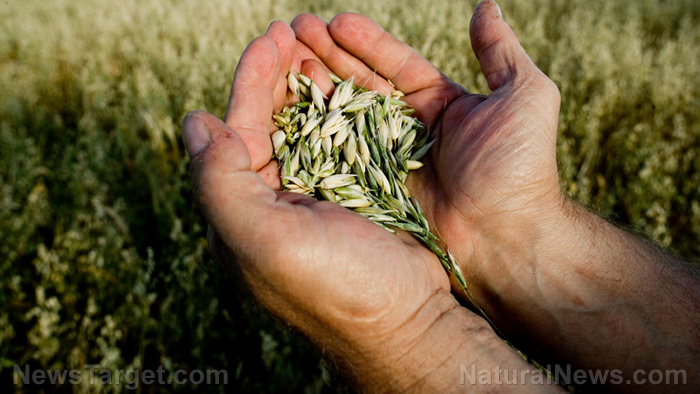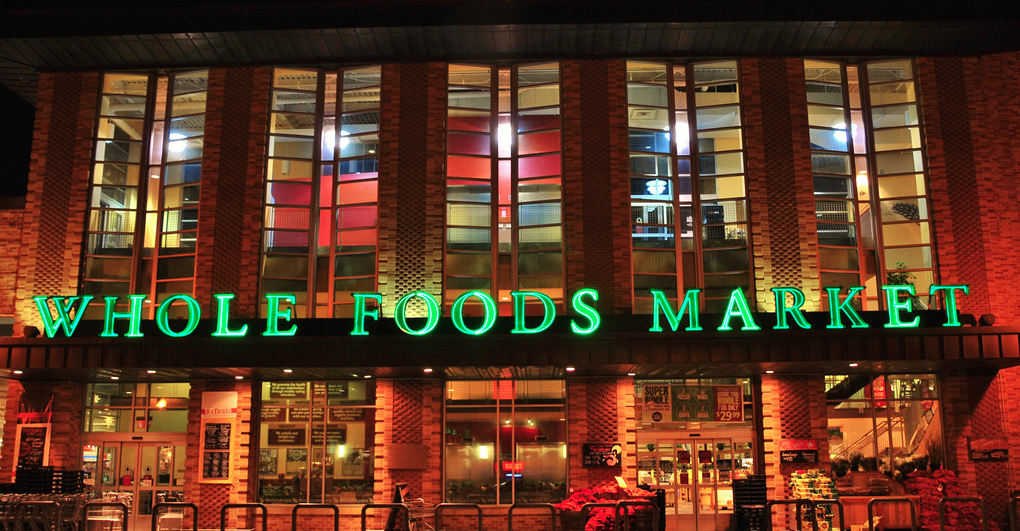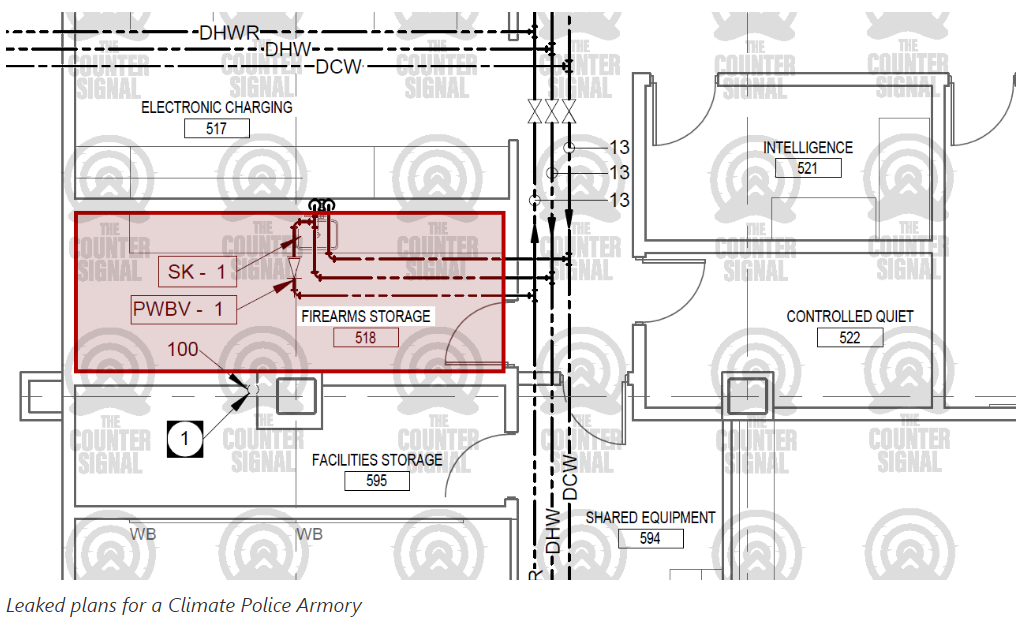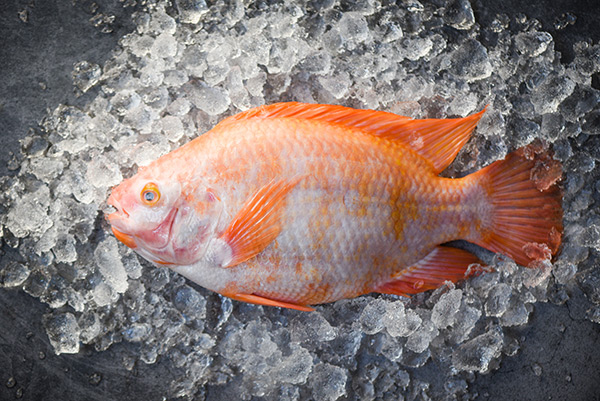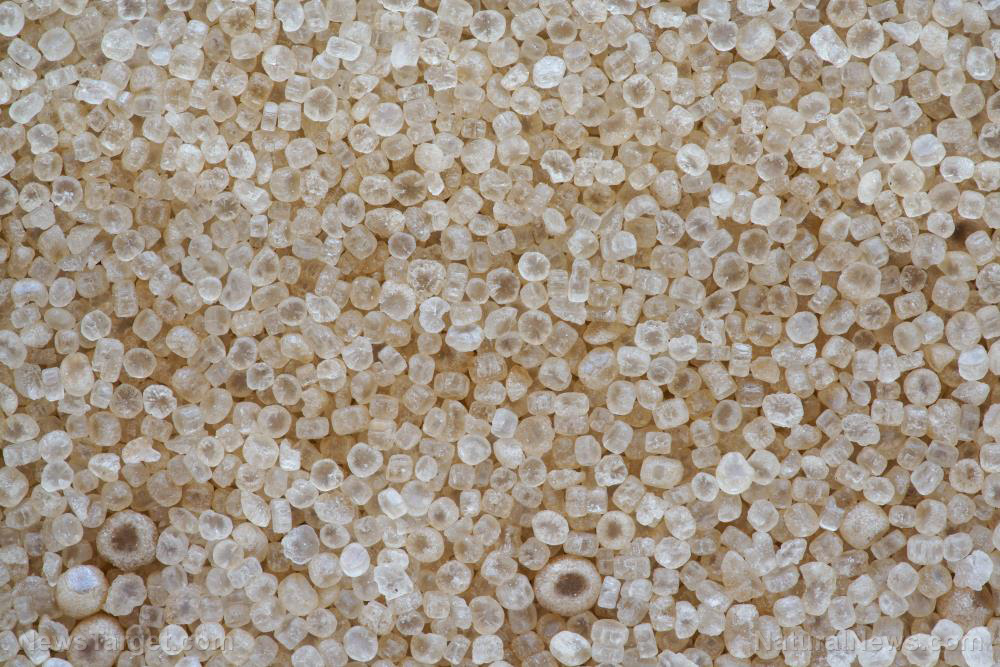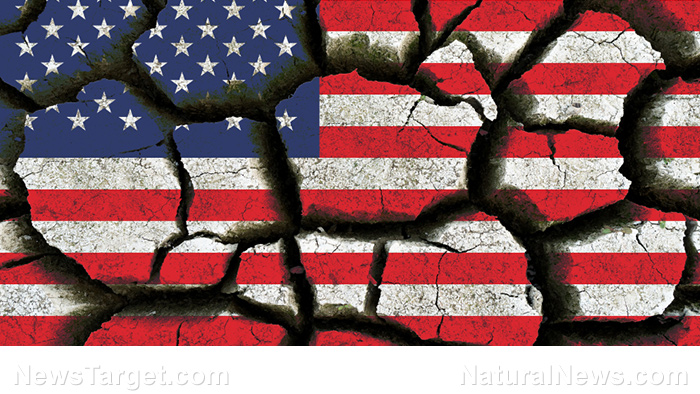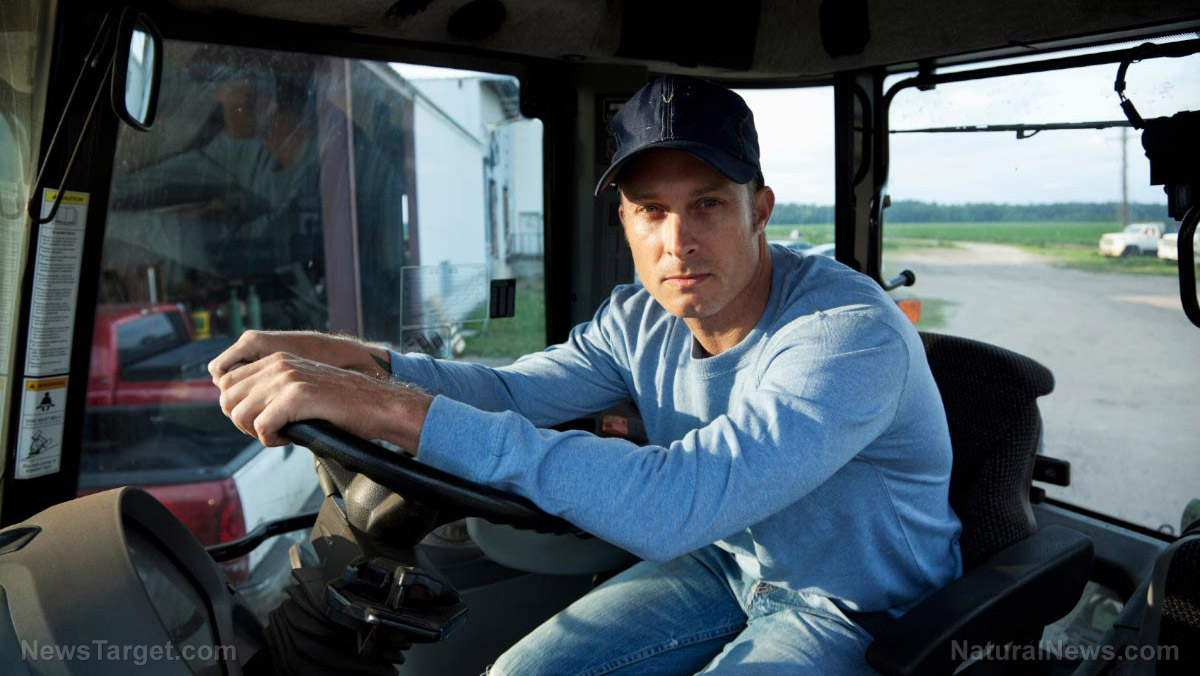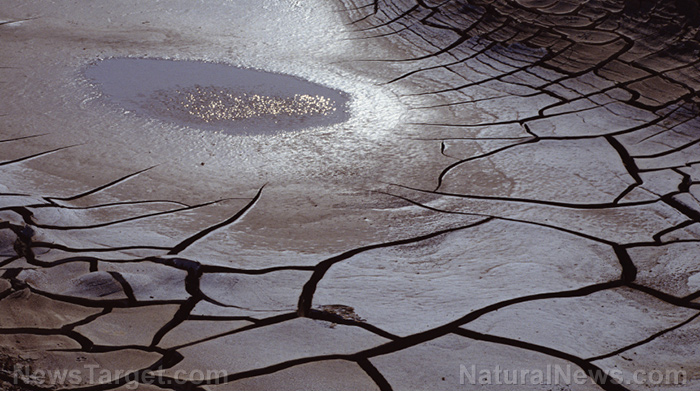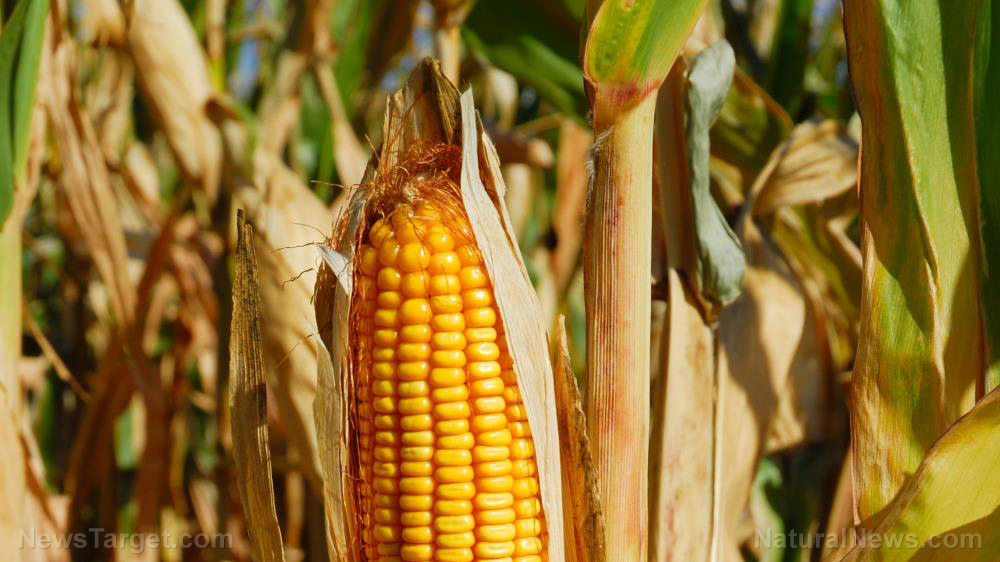Shortage of feedstock caused by severe drought leading to MILK shortage in France
08/11/2022 / By Mary Villareal

Yannick Fialip, president of the economic commission of FNSEA and a breeder, has warned that a shortage of feedstock caused by severe drought may lead to a milk shortage. FNSEA is by far the largest union of farmers in France.
“I think that in the coming months, we will have a shortage of milk in France. To make milk, you need fodder, mainly alfalfa and corn, which have grown little this year,” said Fialip, adding that France risks running out of milk in the fall and winter.
During the normal seasons, animals typically graze in the meadows this time of the year, but the severe drought made things difficult. Stored fodder, which was supposed to be used to feed the animals in the winter, was already used up in July and August.
“This severe drought brings together two conditions: a significant lack of rain and very high temperatures, which had a ‘hair-drying’ effect on the plants which dried out many plants, especially all that is fodder. We had to harvest very early, especially corn,” Fialip said.
While the state does provide a calamity fund to help breeders buy fodder by splitting the costs, the price of milk paid to breeders in France is 20 percent lower compared to that of other European countries. That’s why Fialip is calling for a measure to “better remunerate” the breeders to allow them better cash flow and to ensure the sustainability of the sector. (Related: Heatwaves, forest fires in Europe devastate crops and livestock.)
He also said there is a big risk that some breeders will decide to “decapitalize” their livestock. Meaning, they will depopulate their herd.
Record-breaking temperatures in France
France had been hit with record-breaking temperatures this summer, as well as periods of no rain, leading to a drought crisis that is “drying out” the plants commonly grown to feed the animals.
Meteorological agency La Chaine Meteo reported that France saw 9.7 millimeters of rain or a rainfall deficit of around 84 percent, well below the average of 70 millimeters in other years, making July 2022 the second driest month to ever be recorded in France after March 1961.
“This drought is the most serious ever recorded in our country,” Elisabeth Borne, France’s Prime Minister said.
To tackle the drought, she set up an inter-ministerial crisis unit, and the minister for ecological transition, Christophe Béchu, already announced that 100 communes no longer have drinkable tap water because sources such as reservoirs have become depleted.
Béchu said the situation is “historic,” adding that the challenge is to tighten several restrictions to avoid this happening elsewhere. In Var, nine communes have already taken the step of limiting their residents’ daily water consumption to 150 or 200 liters per day per person.
French cheese prices also expected to rise
French cheese is also set to rise with the milk shortage, as will other dairy products.
With cows producing less meat and farmers complaining about the absence of green grass that forced them to buy expensive fodder, many are now selling their dairy cattle abattoirs to raise money, which could lead to a further drop in cheese output.
Marjolaine Guige, a sérac maker, reported difficulties. Production of the milk she uses fell by 20 percent since the beginning of the heatwave last month. “Automatically, if there is less water, there is less grass and so the cows are going to produce less milk,” she said.
A pair of brothers supplying milk for Tome des Bauges, which is a pressed cheese made from raw cow’s milk in the French Alps, said there was no water for their cows to drink in the high mountain pastures. They had to drive water up to their cows every day in their truck, costing them €300 ($308.80) a week.
“We could take them down, but the higher pastures bring a quality of the cheese in terms of its aromas that you don’t get at a lower level,” they said. (Related: More calf-producing cattle are being sold for slaughter, decimating cattle herds and making beef prices surge.)
According to analysts, the cost of keeping cows in their pastures will likely lead to French cheese price increases in the future.
Visit FoodSupply.news for more updates about how the drought is affecting food security.
Watch this video about farmers standing on the frontline, amid looming food shortages, to ensure the world does not go hungry.
This video is from The HighWire with Del Bigtree channel on Brighteon.com.
More related stories:
Drought in France forces authorities to place new restrictions on water usage.
Wheat prices soar in countries dependent on Eastern Europe for grain.
Drought threatens US wheat harvest, deepening global supply challenge.
Sources include:
Submit a correction >>
Tagged Under:
agriculture, cheese, Climate, Collapse, crops, dairy, environment, Europe, farming, food collapse, food inflation, food shortages, food supply, France, heatwave, milk, wheat supply
This article may contain statements that reflect the opinion of the author
RECENT NEWS & ARTICLES
COPYRIGHT © 2017 FOOD SCIENCE NEWS


